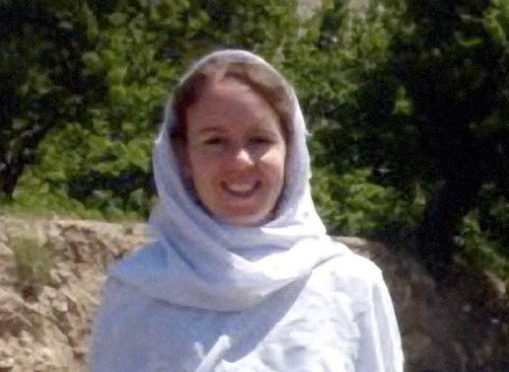When aid worker Linda Norgrove was kidnapped on September 26, 2010, her family suddenly found themselves thrust into the spotlight.
Two days later, the Taliban claimed to be holding her and said they would release her in exchange for Pakistani scientist Aafia Siddiqui, who had been jailed for links to al Qaeda.
As tensions mounted, her parents John and Lorna were assured a rescue attempt would not be made without the troops knowing where their 36-year-old daughter was being kept, down to the exact room.
But on October 8, 2010, American special services raided a rural homestead, hitting the wrong building.
Linda died after a US soldier threw a grenade into the spot where she was lying wounded after being shot in the leg, hit by a ricochet.
A coroner later ruled she had been killed as a result of a series of blunders by American special forces who had engaged in a battle with Taliban fighters.
Her mother said: “The fact they didn’t know what building she was in caused the problem.
“That doesn’t mean it wasn’t the right decision go ahead, they just didn’t know.”
Her family know they could have gone down the legal route to find someone to blame for the tragedy.
But they felt it was more important to use their new-found attention for good and, to start with, they were keen to help the women left with nothing following the raid.
“There were 14 people at that homestead, including women and children,” Lorna said.
“OK, we lost our daughter but these women lost their brothers, uncles and sons who were working for their families.
“They were suddenly on their own. They wouldn’t have been able to keep the farm, as it will have been given to men folk. The children will have become orphans.
John added: “We thought we would try to help them, but realised quickly we couldn’t.
“The practicalities of being able to find them would have stopped us to start with.
“Now we’ve found our focus with the scholarship programme. We support them right until they graduate. That’s a quite a commitment.”
